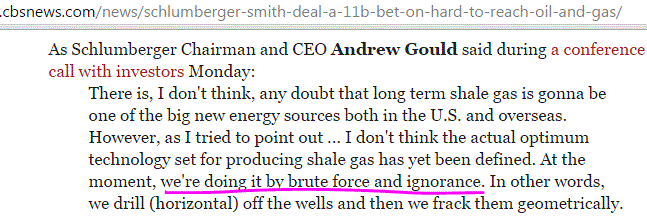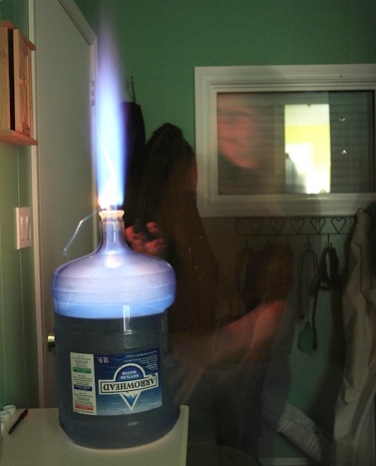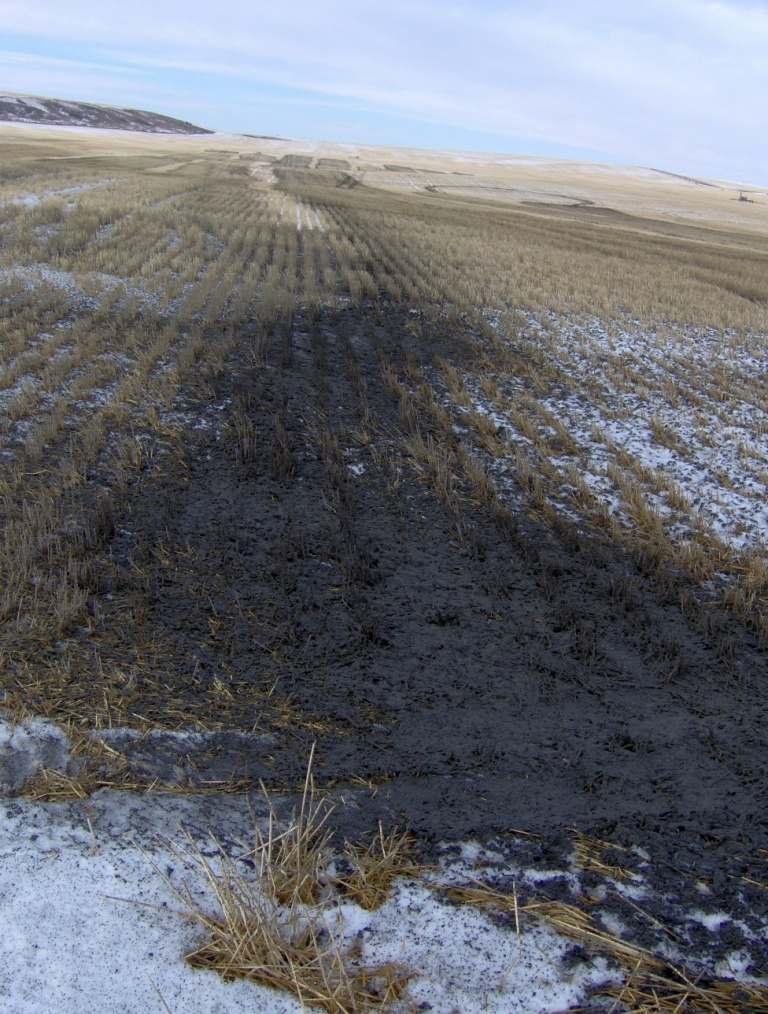2020: The Year Things Started Going Badly Wrong by Gail Tverberg, Dec 23, 2020, Our Finite World
How today’s energy problem is different from peak oil
Many people believe that the economy will start going badly wrong when we “run out of oil.” The problem we have today is indeed an energy problem, but it is a different energy problem. Let me explain it with an escalator analogy.
The economy is like a down escalator that citizens of the world are trying to walk upward on. At first the downward motion of the escalator is almost imperceptible, but gradually it gets to be greater and greater. Eventually the downward motion becomes almost unbearable. Many citizens long to sit down and take a rest.
In fact, a break, like the pandemic, almost comes as a relief. There is suddenly a chance to take it easy; not drive to work; not visit relatives; not keep up appearances before friends. Government officials may not be unhappy either. There may have been demonstrations by groups asking for higher wages. Telling people to stay at home provides a convenient way to end these demonstrations and restore order.
But then, restarting doesn’t work. There are too many broken pieces of the economy. Too many bankrupt companies; too many unemployed people; too much debt that cannot be repaid. And, a virus that really doesn’t quite go away, leaving people worried and unwilling to attempt to resume normal activities.
Some might describe the energy story as a “diminishing returns” story, but it’s really broader than this. It’s a story of services that we expect to continue, but which cannot continue without much more energy investment. It is also a story of the loss of “economies of scale” that at one time helped propel the economy forward.
In this post, I will explain some of the issues I see affecting the economy today. They tend to push the economy down, like a down escalator. They also make economic growth more difficult.
[1] Many resources take an increasing amount of effort to obtain or extract, because we use the easiest to obtain first. Many people would call this a diminishing returns problem.
Let’s look at a few examples:
(a) Water. When there were just a relatively few humans on the earth, drinking water from a nearby stream was a reasonable approach. This is the approach used by animals; humans could use it as well. As the number of humans rose, we found we needed additional approaches to gather enough potable water: First shallow wells were dug. Then we found that we needed to dig deeper wells. We found that lake water could be used, but we needed to filter it and treat it first. In some places, now, we find that desalination is needed. In fact, after desalination, we need to put the correct minerals back into it and pump it to the destination where it is required.
All of these approaches can indeed be employed. In theory, we would never run out of water. The problem is that as we move up the chain of treatments, an increasing amount of energy of some kind needs to be used. At first, humans could use some of their spare time (and energy) to dig wells. As more advanced approaches were chosen, the need for supplemental energy besides human energy became greater. Each of us individually cannot produce the water we need; instead, we must directly, or indirectly, pay for this water. The fact that we have to pay for this water with part of our wages reduces the portion of our wages available for other goods.
…
(d) Fossil Fuels. We keep hearing about the possibility of “running out” of oil, but this is not really the issue with oil. In fact, it is not the issue with coal or natural gas, either. The issue is one of diminishing returns. There is (and always will be) what looks like plenty left. The problem is that the process of extraction consumes increasing amounts of resources as deeper, more complex oil or gas wells need to be drilled and as coal mines farther away from users of the coal are developed. Many people have jumped to the conclusion that this means that the price that buyers of fossil fuel will pay will rise. This isn’t really true. It means that the cost of production will rise, leading to lower profitability. The lower profitability is likely to be spread in many ways: lower taxes paid, cutbacks in wages and pension plans, and perhaps a sale to a new owner, at a lower price. Eventually, low energy prices will lead to production stopping. Without adequate fossil fuels, the whole economic system will be disrupted, and the result will be severe recession or depression. There are also likely to be many job losses.
In (a) through (d) above, we are seeing an increasing share of the output of the economy being used in inefficient ways: in creating deeper water wells and desalination plants; in drilling oil wells in more difficult locations; in extracting metal ores that are mostly waste products. The extent of this inefficiency tends to increase over time. This is what leads to the effect of an escalator descending faster and faster, just as we humans are trying to walk up it.
Humans work for wages, but they find that when they buy a box of corn flakes, very little of the price actually goes to the farmer growing the corn. Instead, all of the intermediate parts of the system are becoming overly large. The buyer cannot afford the end products, and the producer feels cheated by the low wholesale prices he is being paid. The system as a whole is pushed toward collapse.
…
[6] With all of the difficulties listed in Items [1] though [5], debt based financing tends to work less and less well. Huge debt defaults can be expected to adversely affect banks, insurance companies and pension plans.
Many businesses are already near default on debt. These businesses cannot make a profit with a much reduced number of customers. If no change is possible, somehow this will need to flow through the system. Defaulting debt is likely to lead to failing banks and pension plans. In fact, governments that depend on taxes may also fail.
…

Refer also to:
Enter “brute force and ignorant” hydraulic fracturing for oil and gas.

2006: Here’s my well water after Encana/Ovintiv illegally, repeatedly frac’d my community’s drinking water aquifers, covered-up and enabled by Alberta “regulators,” and after Rosebud Hamlet’s water reservoir blew up in an explosion from an apparent accumulation of gases, seriously injuring the County water manager:

Photo by Colin Smith
Encana and the regulators kept the frac’ing of our aquifers secret. I continued bathing in the water, and ingesting it, suffering painful caustic burns to my skin after bathing and hands after doing the dishes or cleaning.
2012 09 12: AEA: Support to the identification of potential risks for the environment and human health arising from hydrocarbons operations involving hydraulic fracturing in Europe by the European Commission DG Environment, prepared by AEA Technology plc
Surface and groundwater contamination
The study found that there is a high risk of surface and groundwater contamination at various stages of the well-pad construction, hydraulic fracturing and gas production processes, and during well abandonment. Cumulative developments could further increase this risk.
… Cuttings produced from wells also need to be properly handled to avoid for instance the risk of radioactive contamination.

Here’s how our regulators let Encana dump the company’s cuttings, on foodland, in my community:

… USEPA (2011a PR) states that “drilling muds are known to contain a wide variety of chemicals that might impact drinking water resources.”
… A proportion (25% to 100%) of the water used in hydraulic fracturing is not recovered, and consequently this water is lost permanently to re-use, which differs from some other water uses in which water can be recovered and processed for re-use.
